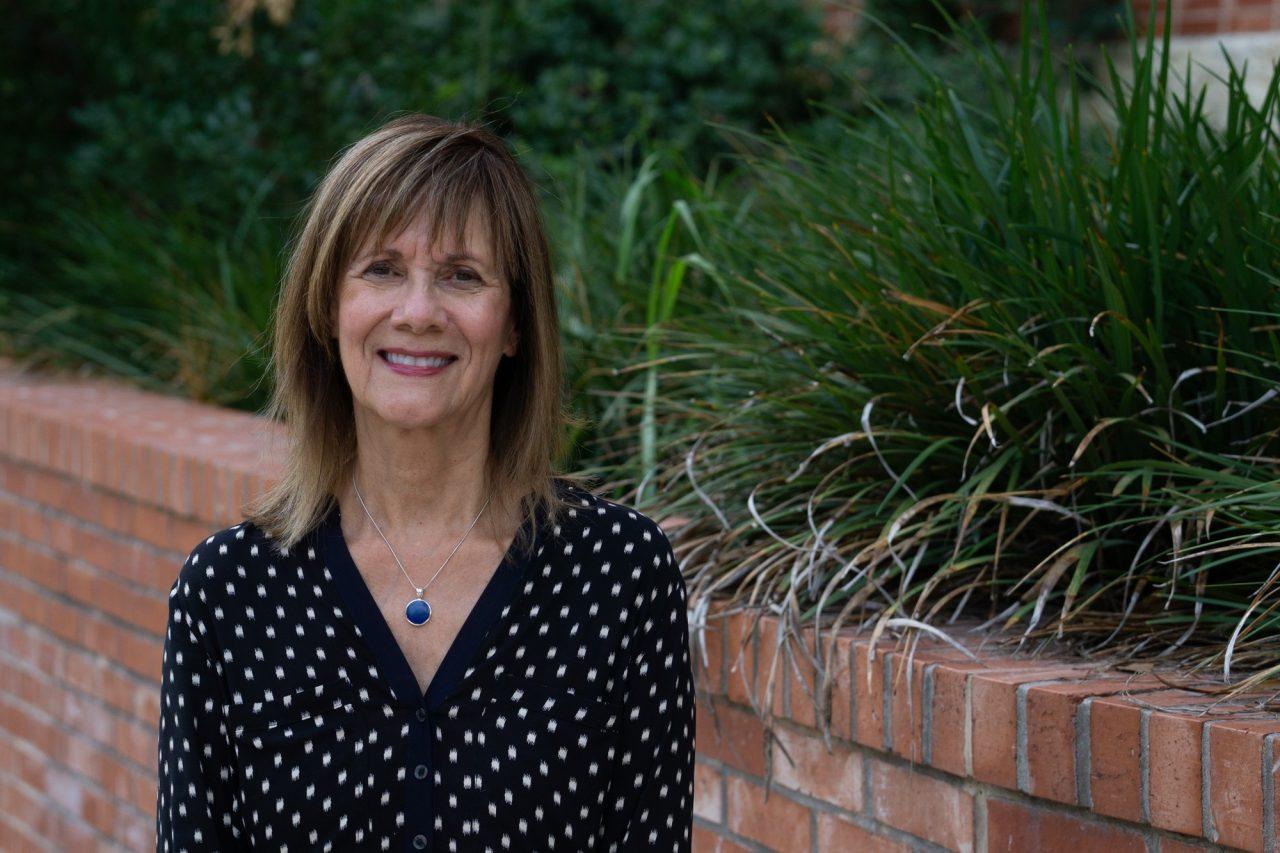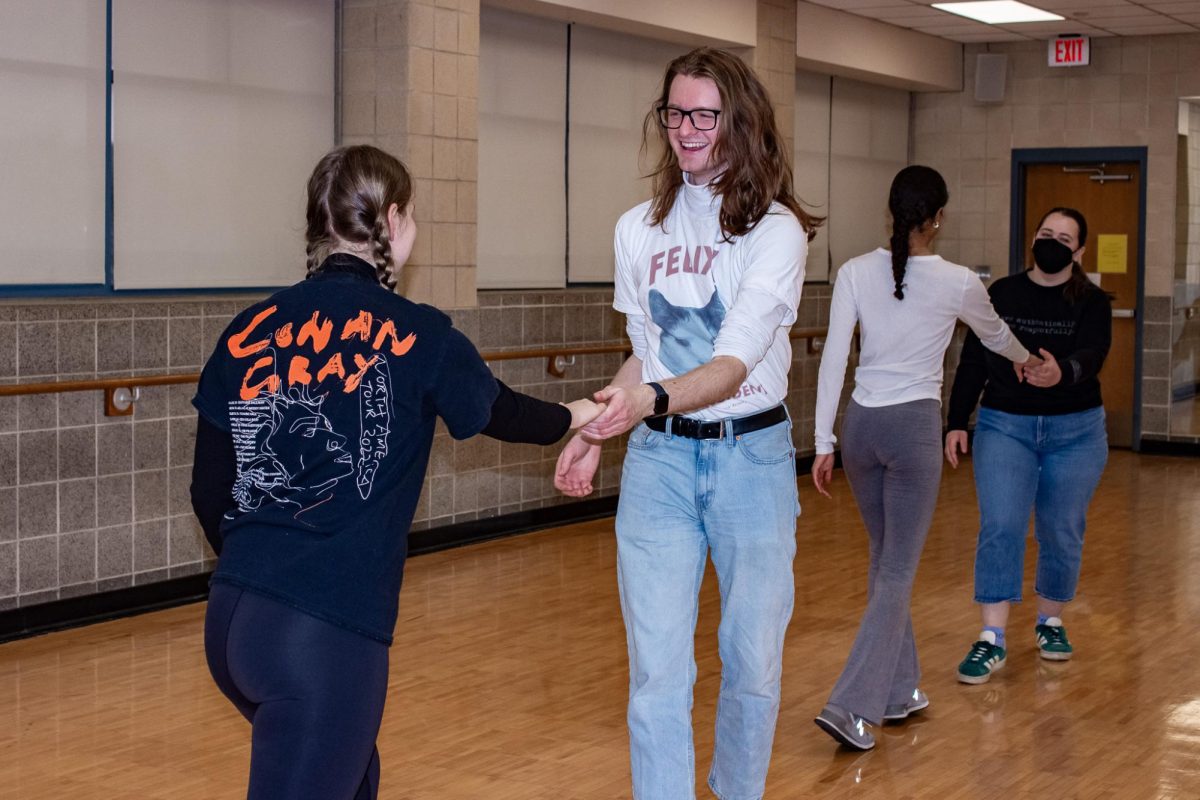Students can attest to just how difficult the abrupt change to online learning was last semester.
Being a student can be already a difficult task and to add the pressure of online learning, a global pandemic, and economic crisis doing our job is incredibly difficult. Professors and students continue to face a similar struggle, adapting to this situation requires constant learning. Victoria Aarons, a professor in the department of English, explains that “nobody knows how this is going to be.”
Professors are experimenting with new teaching techniques and learning to engage students in a way they’ve never had to before.
For professors whose classes are not primarily lecture-based, they had to learn how to transition to the online platform.
Jennifer Mathews, department chair for the Sociology and Anthropology department, found innovative ways to adapt to online teaching. After spring break, Mathews’ Human Evolution class was set to begin their lab work to learn how to determine sex based on human bones. When campus moved all classes to Zoom, Mathews had to quickly adjust.
Mathews expressed that for teachers who are doing lab work, online classes present a huge challenge, but most are finding creative ways to help students.
In her online osteology lab, Mathews said she held up the bones to the camera and used items as a scale.
Although lab work was able to be moved online Mathews expressed that it was difficult and not ideal, and any professors who do need to conduct lab work are struggling with the transition.
Aarons has shared similar concerns about the online formatting not being suited to her typical class structures.
Aarons said that “one of the problems of remote teaching is that it is better for lecture than discussion.”
In an in-person class, professors can see who is itching to say something, who might have a question and who is spaced out, but in an online course it is more difficult to read the emotions of the students.
“That’s the biggest problem for me,”. Aarons said, “this is what I’m really trying to navigate.”
Zoom also presents a practical problem for discussion-based classes. Even though there is a ‘raise hand’ feature, it’s hard for students to know when to talk, and for discussion classes, students are usually encouraged to just speak up when they are called to say something, not raise their hand.
Aarons explained that “you want [discussion] to be spontaneous.”
This can be difficult if you cannot tell when it is appropriate to speak up in an online discussion.
Mathews explained that although there are a lot of obstacles to facilitating class discussion Zoom does offer at least one positive, the chat option.
“Even the shy students can participate,” said Mathews.
Professors, now more than ever must address the unique challenges students face.
Mathews said that “so many students simply couldn’t attend class.”
Students are taking care of ill family members, facing job loss, eviction, or working jobs that prevent them from going to class.
Aarons reiterated that “There are some students whose parents all of a sudden their jobs were very insecure…I had several students who were taking care of family members who were ill.”
If all of this was happening in the spring when COVID rates were much lower than they are now then students are surely still facing these challenges.
In response to student crises, the professors have increased their one on one meetings with students.
“Students and faculty need to see this as a real joint enterprise, as a group experience,” said Aarons.
Navigating this new mode of learning, for many, will take teamwork.
Mathews said “that students [need to] be proactive about reaching out to me. I can’t read their minds.”
Professors want to help their students and find solutions to the problems they are facing but they cannot do that when they do not know students are struggling.
Students and faculty are all learning how to navigate our new way of living which requires adaptation, patience, and communication.
Aarons says “[professors] need to be more flexible and more experimental.”
The professor recalls a note she keeps on her desk that said “ask how things are going.”
This ideology works both ways for students and professors. An open ear and an open mind can take us a long way during times of struggle.
“Students have been so open and wanting this to work well,” said Aarons, “I am so appreciative of my students who are good-naturedly helping me.”







